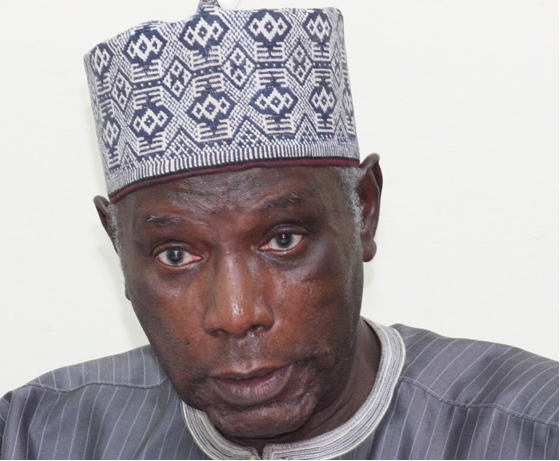
Dear Commissioner Alieu Momar Njie,
The IEC must ensure that the laws and regulations guiding the existence of political parties are respected.
We wish to bring to your attention the issue of the political parties that have not fully met the criteria to continue to exist, being allowed to engage in political activities, which include taking part in the nomination process, by fielding candidates for the presidential elections.
We are very concerned by the posture taken by the IEC who seemingly appear to turn a blind eye on the blatant violations of the Election Amendment act by certain political parties, particularly Section 105 of the Act.
This section requires political parties to, amongst other things, hold a biennial congress (with the aim of electing a leadership structure, most notably, Executive Committee members).
It also calls for political parties to establish offices in the seven administrative regions of The Gambia, as well as produce a manifesto and the submission of audited accounting records.
We are aware that at least three political parties are not in full compliance with these requirements, namely: Gambia Alliance for National Unity, which never held a congress, does not have an elected Executive Committee membership, nor has it established offices in all the administrative areas of the country, nor a manifesto; National Peoples’ Party- NPP, which never held a congress, and does not have an elected Executive Committee; Alliance for Patriotic Reorientation and Construction (APRC), which only has an interim Executive Committee, but has not presented a manifesto.
They are also now splintered into two camps, with each group claiming legitimacy. These are parties that are presenting Sheikh Tijan Hydara, and Adama Barrow respectively, as their flag bearers. Their eligibility to exist as political parties is now put into question, which affects the candidature of the individuals they are proposing.
We would also wish to remind the IEC that in 2016, it disqualified The National Democratic Action Movement (NDAM) and the Gambia Democratic Party (GDP), for the same infractions. As recently as January 2019, it also triggered Section b 127 of the Elections Act and issued a six-month suspension on the National Congress Party (NCP), for failing to hold a ‘unified congress’.
The question now arises as to why would the IEC not also show consistency and apply the rules and regulations on other parties that have also flouted the Amendment Act? Failure to do so will grossly undermine the credibility of the institution of the Elections Regulator, and further instil the lingering doubts in the minds of the public, and the electorate on the credibility of the December presidential polls. The country can ill afford such a mishap.
We are also bringing to your attention the fact that there are at least three independent candidates that have not met the residency rule, which effectively states that: ‘a candidate should be ordinarily resident in The Gambia for five years immediately preceding the election’. It is doubtful that Mr. Tamsir Jasseh, Mr. Joseph Joof, and Mr. Papa Faal have met this criterion.
Finally, we wish to implore the IEC to be vigilant in its vetting process to ascertain that all candidates satisfy the requirement of the completion of a senior secondary school education, as there is a likely hood that at least one of the candidates vying for the presidency may not have satisfied this criterion.
We request the IEC to take up its rightful role as the Elections Regulator, and rectify these anomalies, without delay, so as to ensure that the election process, and the polls in December are not only transparent, free, fair and credible, but are seen to be so by all stakeholders.
Sincerely,
R2K Coalition- Gambia
About R2K
R2K Gambia is a non-partisan entity that focuses on democracy and the rule of law, good governance, human rights and the principles of access to information. Our group is comprised of professionals with diverse backgrounds ranging from geology, demographics, economics, international relations and law, communications, and academia.
All group members are human rights activists, and are located in US, UK, West and Southern Africa.





